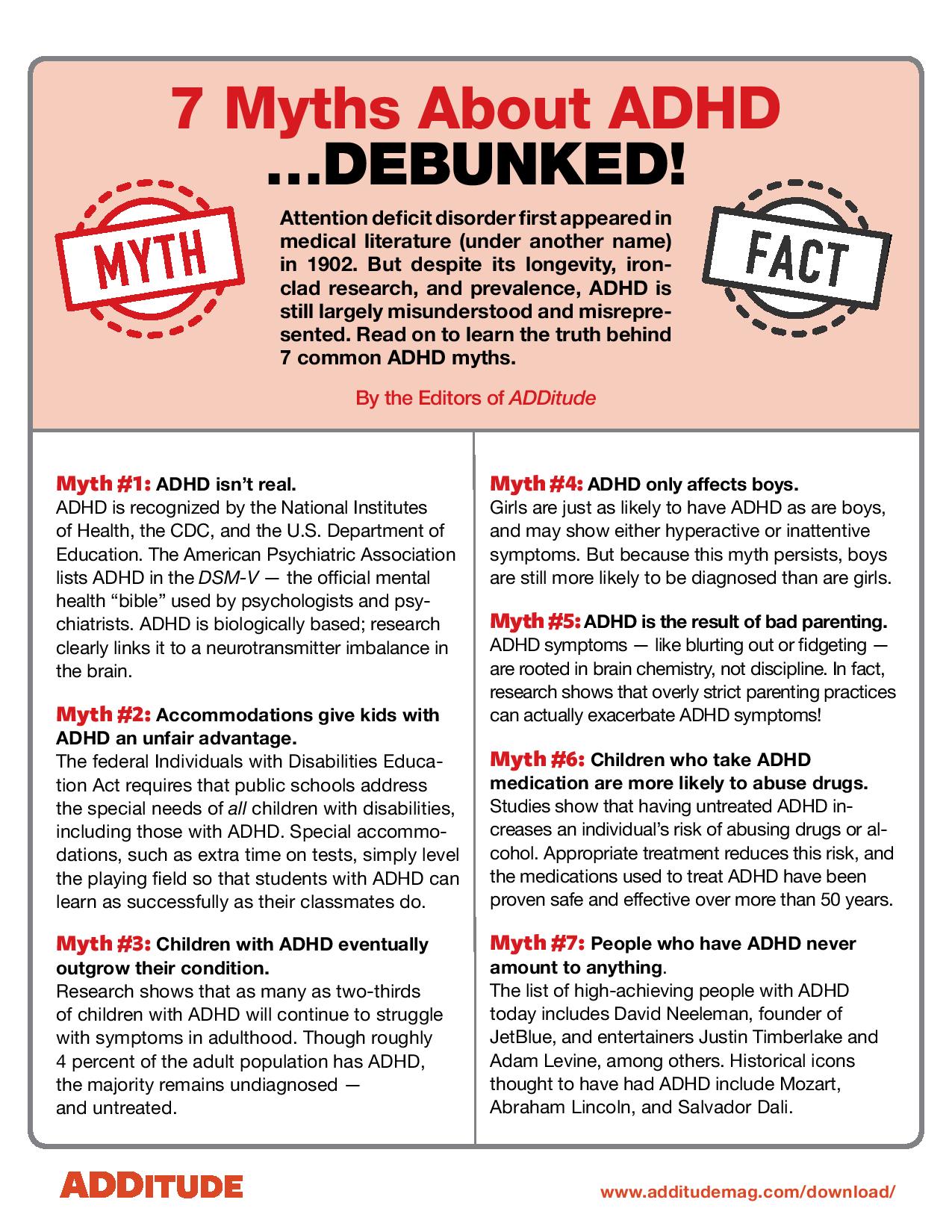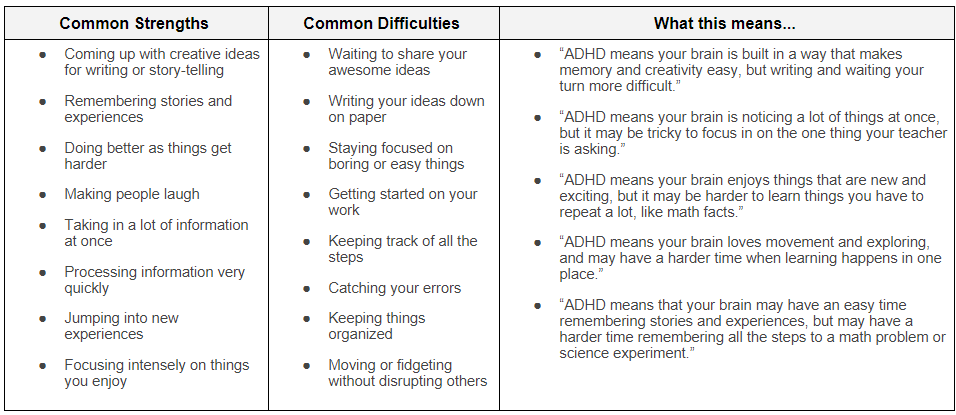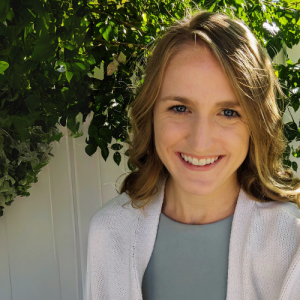Displaying items by tag: adhd
Back to School Playbook
August can be a stressful time for neurodivergent students and their families as they ready themselves for a new school year, but it is also an opportunity to create new habits and supports to help students thrive. Join us for this upcoming event, "Back-to-School Playbook: Evidence-Based Strategies for Helping Neurodivergent Kids and Teens Succeed".
Date: Friday, August 19, 2022
Time: 10:00 a.m. - 12:00 p.m.. MST
Location: Virtual, via Zoom
Cost: $20.00
CEUs: 2.0 CEU pending approval by UPA, NASW-UT, UAMFT, and UMHCA.
Note: Everyone who registers will be emailed the recording, presentation slides, and CE Quiz within one week following the event.
About the presentation:
This talk will cover how the COVID-19 pandemic affected learning for individuals with autism and Attention-Deficit/Hyperactivity Disorder, and how students, parents, and teachers can work as a team to move forward with practical strategies for success.
Topics will include helpful accommodations in Section 504 and Individualized Education Plans, evidence-based classroom strategies that promote engagement, and skills to enhance relationships for students with their parents, teachers, and peers. Information includes tailoring intervention to the student’s development level, from children in elementary school to teens transitioning to college.
Throughout the 2 hour presentation, there will be space for questions and deeper discussion through attendee participation. There are no known risks to attendees or patients. As with all clinical work, attendees should be thoughtful about applying assessment strategies and obtain appropriate training and supervision.
Learning Statement:
At the conclusion of this presentation, attendees should be able to identify how ADHD and Autism affects school functioning and list practical strategies for parents, teachers, and students to enhance academic performance.
Learning Objectives:
- Describe how characteristics of ADHD and Autism affect school functioning;
- List at least 4 school-based strategies to enhance engagement in the classroom and homework completion;
- List at least 4 skills to enhance social relationships for students with ADHD and autism; and,
- Describe at least 4 accommodations for neurodivergent students.
References:
Adams, D., Young, K. & Keen, D. Anxiety in Children with Autism at School: a Systematic Review. Rev J Autism Dev Disord 6, 274–288 (2019). https://doi.org/10.1007/s40489-019-00172-z
ADDitude. Success at School for Children with ADHD and Learning Disabilities. 2012. Additudemag.com.
Davis, N.O., Kollins, S.H. Treatment for Co-Occurring Attention Deficit/Hyperactivity Disorder and Autism Spectrum Disorder. Neurotherapeutics 9, 518–530 (2012). https://doi.org/10.1007/s13311-012-0126-9
DuPaul GJ, Chronis-Tuscano A, Danielson ML, Visser SN. Predictors of Receipt of School Services in a National Sample of Youth With ADHD. Journal of Attention Disorders. 2019;23(11):1303-1319. doi:10.1177/1087054718816169
Keen D, Webster A, Ridley G. How well are children with autism spectrum disorder doing academically at school? An overview of the literature. Autism. 2016;20(3):276-294. doi:10.1177/1362361315580962
Mayes, S.D., Waschbusch, D.A., Calhoun, S.L. et al. How Common are Academic Overachievement and Underachievement in Children with Autism or ADHD?. J Dev Phys Disabil 32, 775–783 (2020). https://doi.org/10.1007/s10882-019-09719-8
Rando, Heather; Huber, Mary J.; Oswald, Gina R.. An Academic Coaching Model Intervention for College Students on the Autism Spectrum. Journal of Postsecondary Education and Disability, v29 n3 p257-262 Fall 2016
Tamm, L., Duncan, A., Vaughn, A. et al. Academic Needs in Middle School: Perspectives of Parents and Youth with Autism. J Autism Dev Disord 50, 3126–3139 (2020). https://doi.org/10.1007/s10803-019-03995-1
Ziegler Dendy, C., &Bailey E. The Ultiamte ADHD Toolkit for Parents & Teachers. Additu.de/school
About the presenters:
Laura Rowley, PhD is a licensed clinical psychologist. Laura obtained her doctorate from Wayne State University. She completed her APA-accredited internship and postdoctoral fellowship at Primary Children’s Hospital. Laura is currently the Program Director for the Assessment and Testing Team at Utah Center for Evidence Based Treatment, where she specializes in testing services for neurodiverse children and adults.
Nick Schollars PsyD is a licensed clinical psychologist. Coming from Newberg, Oregon, he completed his doctorate at George Fox University and his APA Internship at Saint Elizabeths Hospital in Washington, DC. He recently moved to Salt Lake City to join the Utah Center for Evidence Based Treatment with a specialty in assessment and testing.
Program Notices:
Conflicts of Interest: None noted.
Commercial Support: None.
ADHD
Getting to know ADHD
The more we can understand what ADHD really looks like, the less likely we will be to propagate stereotypes that can be harmful to those with ADHD. For this year's ADHD Awareness Month, we want to share the facts on what ADHD is and what it is not.
From the ADDitude Directory, this graphic (below) discusses some of the most common myths about ADHD. For more fantastic resources available to download, check out ADDitude's Free Downloads page. ADDitude is a wonderful, evidence-based ADHD resource and UCEBT is also a proudly a member.
Recent ADHD Statistics
Also from the ADDitude website, learn about some of the most recent statistics regarding ADHD.
For example, did you know that 9.4% of children in the United States between ages the 2 to 17 are estimated to have been diagnosed with ADHD?
Check out the ADDitude Statistics page for more statistics regarding ADHD and:
- Prevalence in adults
- Treatments
- Related conditions
- Demographics, race & ethnicity
Common strengths and difficulties of those with ADHD
This chart was acquired from a webinar by Dr. Liz Angoff, attended by UCEBT's Assessment & Testing Program Director, Laura Rowley Ph.D., who specializes in working with people who have ADHD and Autism.
Regarding processing speed, Dr. Rowley clarifies that "processing speed is a complex ability that encompasses multiple components. Individuals with ADHD can react quickly to things, but sometimes they aren't accurate. They can also process quickly when the information is relatively simple compared to neurotypicals. So they are fast thinkers but fast isn't always better, depending on the situation". Here is a related research study, "Which components of processing speed are affected in ADHD subtypes?" https://pubmed.ncbi.nlm.nih.gov/30558479/
Neurodiversity in the Workplace
UCEBT's Assessment and Testing Program Director, Laura Rowley, Ph.D., recently presented this lecture on Neurodiversity in the Workplace: Strategies to Support Inclusivity. This presentation discusses ADHD and Autism, the strengths and barriers of each in the workplace, and how to facilitate enhanced inclusion and communication.
ADHD Evaluations
UCEBT provides comprehensive ADHD evaluations for both children and adults. Additionally, if ADHD is present and affecting academic performance, UCEBT also provides psycho-educational evaluations and works with schools on any corresponding recommendations.
An evaluation can also be helpful to rule out ADHD and determine a more accurate diagnosis. That way, individuals can receive the most appropriate treatment for their needs.
You do not need to be a client here in order to receive an evaluation. In fact, you can already be receiving treatment elsewhere and bring the results of the evaluation back to your current therapist for more fine-tuned treatment. However, if you would like to receive treatment at UCEBT, we provide that, too.
CLICK HERE to get started with an evaluation and/or treatment at UCEBT.
Kalee Gross, Psy.D.
Friday, June 11, 2021
12:00 p.m. - 1:30 p.m. MST
1.5 CE hour (UPA & NASW-UT)
Register* here: https://form.jotform.com/211016371639148
*If you cannot attend the live event, you can still receive the video recording, presentation slides, and CE credit so long as you register beforehand.
About the presentation:
With Utah having one of the highest rates of Autism Spectrum Disorder (ASD) in the United States, the community relies on clinicians to provide early identification and intervention for this pervasive neurodevelopmental disorder. Although the last several decades have witnessed an increase in awareness and support for individuals on the spectrum and their families, many people with ASD are not receiving diagnoses and subsequent services until they are older children, adolescents, or even adults.
As research continues to grow, the field is discovering complexities that alter our recognition and understanding of ASD. This presentation will discuss demographic characteristics impacting identification, such as the “female autism phenotype,” autism in racial and ethnic minorities, and the intersection of ASD and LGBTQA+ identities. Furthermore, this talk will present evidence-based guidelines for differential diagnosis and present specific disorders that mimic or mask underlying ASD, including ADHD, OCD, and personality disorders.
Following the hour-long presentation, there will be a 30-minute Question and Answer period.
About the presenter:
Laura Rowley, Ph.D., licensed clinical psychologist. Laura obtained her doctorate from Wayne State University. She completed her APA-accredited internship and postdoctoral fellowship at Primary Children’s Hospital. Laura is currently the Program Coordinator for the Assessment and Testing Team and Utah Center for Evidence Based Treatment, where she provides testing services for children and adults.
Originally presented: Friday, May 29, 2020
1.0 CE hour (UPA & NASW-UT)
To receive presentation recording, slides, and evaluation form for CE credit, register here: https://form.jotform.com/201205940165143
About the presentation: ADHD is a complicated disorder with a fairly high degree of individual variation. This lecture will present a broader conceptualization of ADHD across the lifespan and the role it plays in everyday life with this population, raising questions of its frequent placement as a secondary diagnosis. Dr. Pflieger will also discuss evaluation for ADHD and introduce some therapeutic strategies and resources for working with this population.
About the presenter: Dr. Pflieger is a neurodivergent practitioner who follows the social model of disability and is radically open about her neurodivergent identity and experience. She frames ADHD as less of a disorder and more of a dialectic and way of being. This lecture will present the beauty and diversity of ADHD, breaking from the traditional deficit model. Courtney Pflieger, Ph.D. NCSP, school psychology. Dr. Pflieger was a graduate student at the University of Utah and completed her internship training in public school settings with an emphasis on evidence-based interventions for children with disabilities. Dr. Pflieger now works with people of all ages, many with ADHD, and is continuing her postdoctoral training at UCEBT.
Laura Rowley, Ph.D.
Why a Thorough ADHD Assessment is Important
A recent study published by Harvard University has uncovered a trend in ADHD overdiagnosis in schoolchildren and a potential reason why. The findings suggest that children who start school at an earlier age than their peers have a 30% higher risk of receiving an ADHD diagnosis simply due to behavioral immaturity. The article abstact can be accessed here.
This estimated rate of misdiagnosis is alarming as it implies that children are being treated for a disorder they don't have - with medication they don't need. Unfortunately, research on long-term effects of ADHD medications on the brain is limited and does not accurately predict the risk of continued use. Parents of children who have received an ADHD diagnosis or suspect their child may have the diagnosis are encouraged to seek an expert opinion and a complete assessment. With a thorough assessment, the proper course of treatment can be carefully and more accurately determined.
Utah Center for Evidence Based Treatment offers comprehensive psychoeducational evaluations with trained experts. Please visit our Assessment and Testing page for more information.










